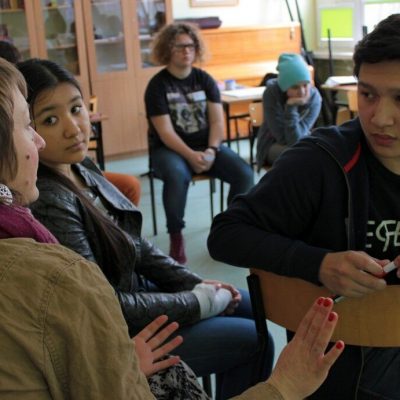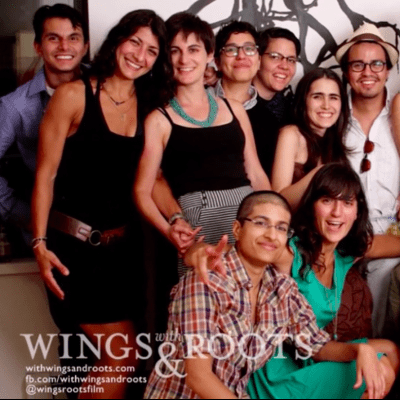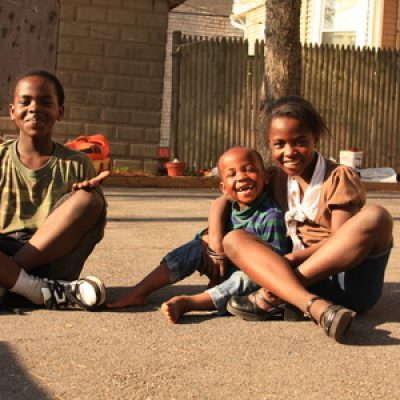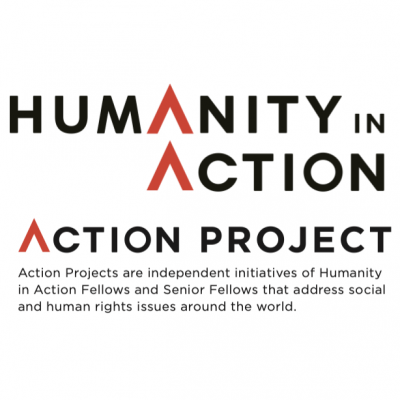Article
Senior Fellow Katarzyna Klimowicz was inspired by the method of Human Library used all over the world to fight stereotypical thinking and prejudices. The diagnosed problem was the widespread use of hate speech and stereotypical expressions in everyday conversations, especially among young people. Abusive names, based on biased perceptions, mainly of cultural and sexual minority groups, empowers prejudices as well as provokes discriminatory and aggressive behaviors. The cases of conflict situations between refugees from the nearby Refugee Center, other voluntary immigrants and local Polish communities occur mainly because of ignorance and little awareness. It is very rare or almost nonexistent, that students in Polish schools learn about different cultures or the processes of identity creation.

The diagnosed problem was the widespread use of hate speech and stereotypical expressions in everyday conversations, especially among young people.
Since human ignorance is most often the source of prejudice, discrimination and unjustified disdain, Katarzyna Klimowicz’s team conducted educational workshops and organized intercultural meetings throughout Warsaw, which have expanded young people’s knowledge on these subjects. They also gave the opportunity for locals to directly interact with and have conversations with foreigners. During the main event, people who were Readers could confront their stereotypes and prejudices in different nations or cultures by meeting their representatives in person. People who were Books instead could tell the stories of their lives and talk about everyday problems connected with living abroad.
Abusive names, based on biased perceptions mainly of cultural and sexual minority groups, empower prejudices as well as provoke discriminatory and aggressive behaviors.











